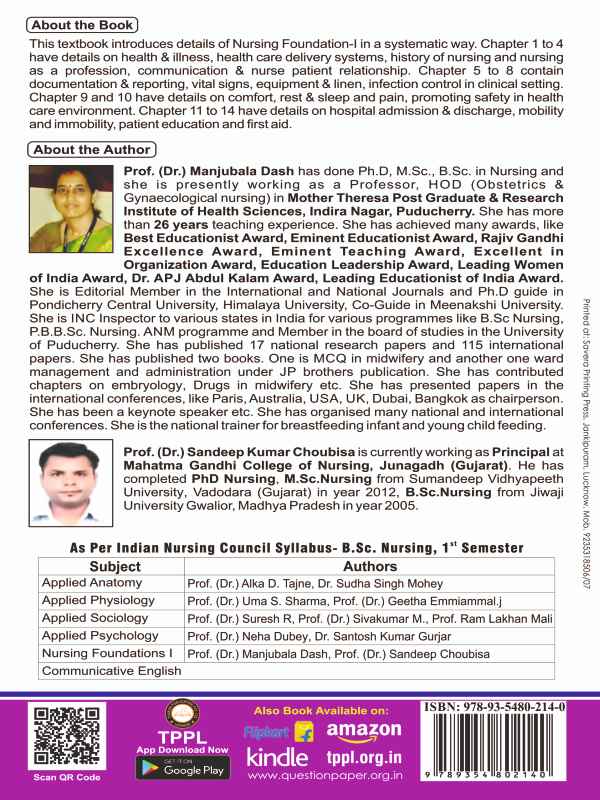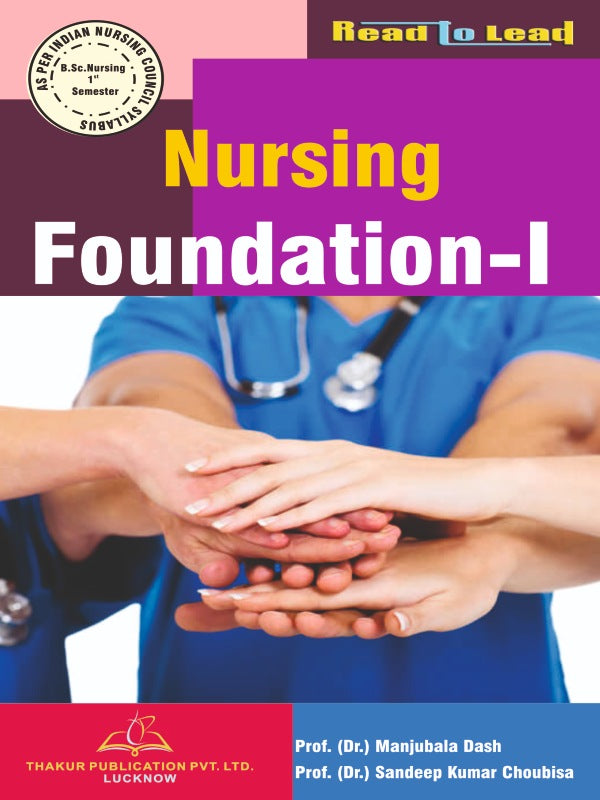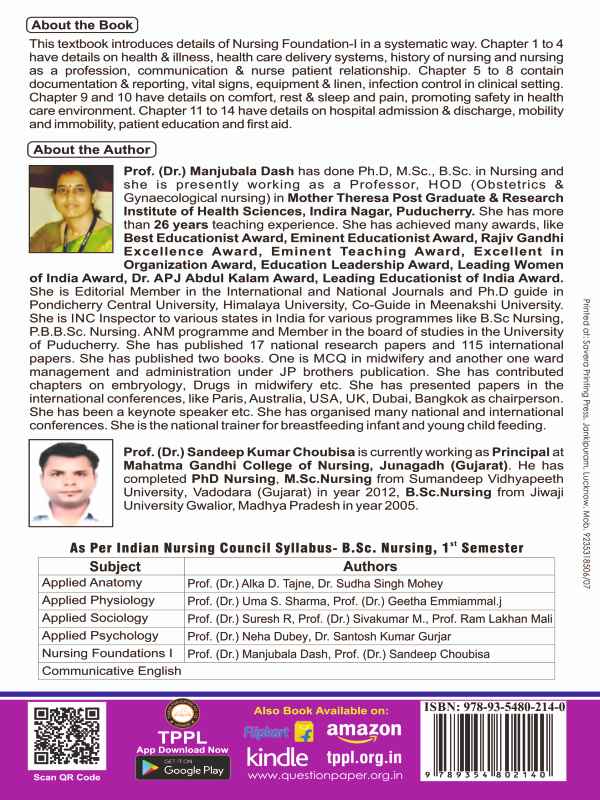1
/
of
2
Thakur Publication Pvt.Ltd.
Nursing Foundations-I Book B.Sc Nursing 1st Sem
Nursing Foundations-I Book B.Sc Nursing 1st Sem
Regular price
Rs. 365.00
Regular price
Sale price
Rs. 365.00
Shipping calculated at checkout.
Quantity
Couldn't load pickup availability
Nursing Foundation -I book b.sc nursing first Semester
Share



